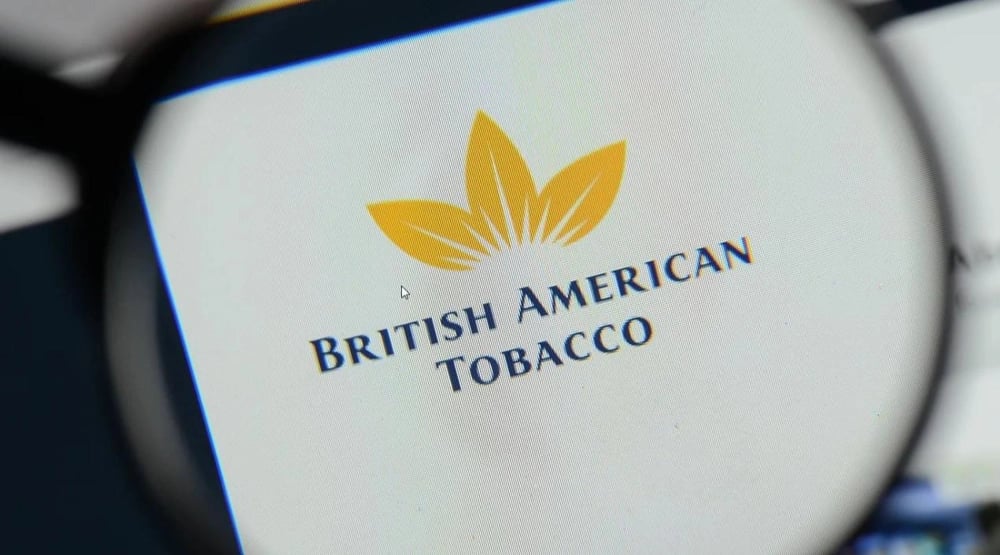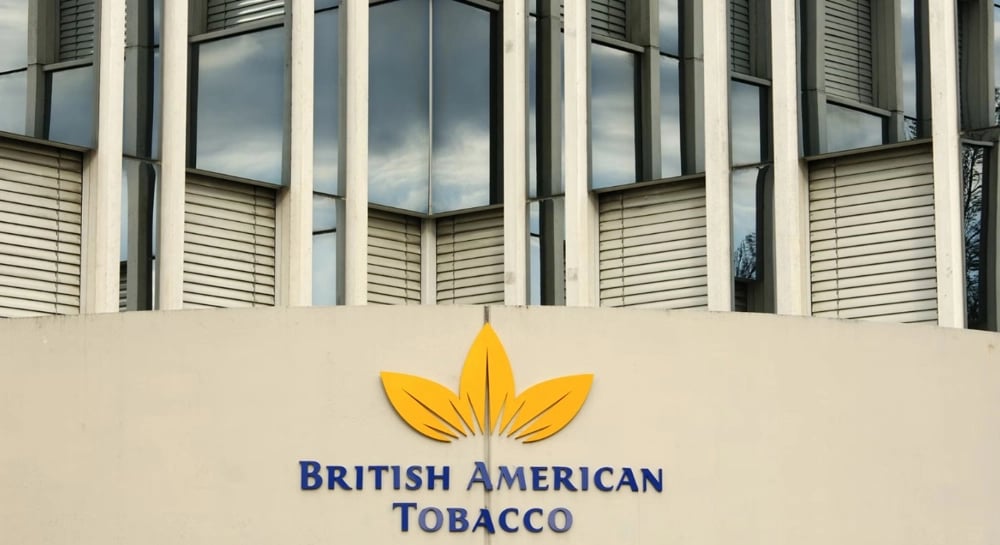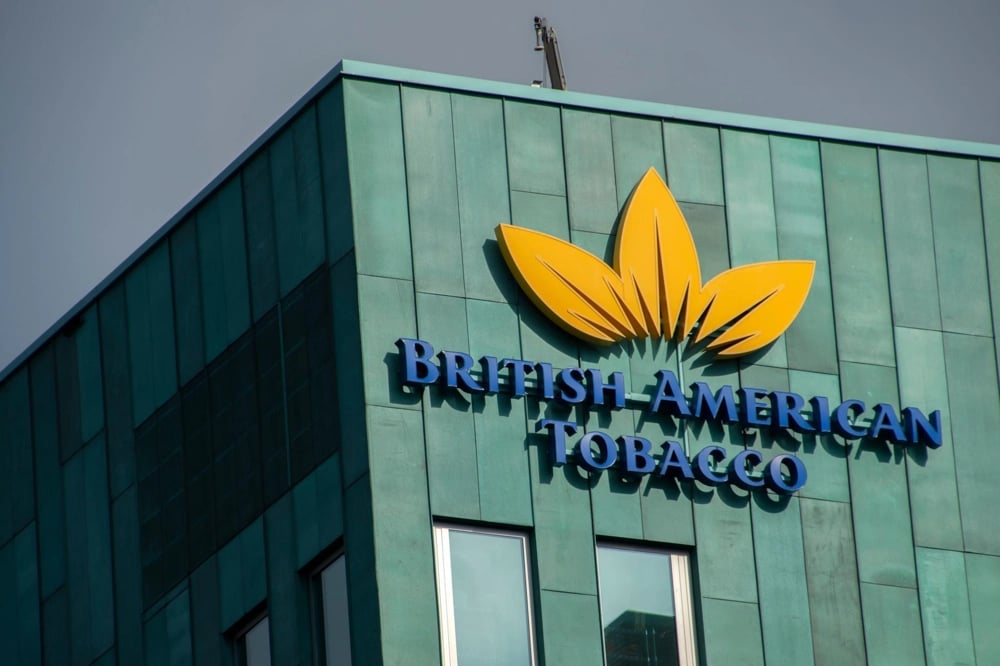British American Tobacco Reduces Stake in ITC A Strategic Rebalance in Global Tobacco Holdings
British American Tobacco Plc $BATS.L, a leading multinational in the tobacco industry, is set to divest a portion of its long-held stake in ITC Ltd $ITC.BO, a major Indian conglomerate in consumer goods. The intended sale involves up to 290 million ITC shares, representing approximately 2.3% of the company’s free float. Priced at a minimum of 400 INR (4.69 USD) per share, this offering stands to realize at least 1.36 billion USD in proceeds. BAT remains the largest single shareholder of ITC, controlling nearly 25% of ITC's capital base.
Strategic Motivation Behind the Divestment
The capital reallocation comes at a time of shifting global dynamics in the tobacco sector. BAT’s move to monetize a part of its Indian holdings underscores an evolving strategy, where companies seek financial flexibility amidst intensifying regulation, changing consumption trends, and increased investor scrutiny on ESG metrics. The partial exit from ITC offers BAT an opportunity to raise liquidity without eroding its significant influence over the company's future direction.

Market Reaction and Transaction Mechanics
Block deals of this magnitude can elicit short-term volatility in both the ITC share price and the broader Indian equities market. Increased free float may enhance liquidity, facilitating greater access for institutional and global investors. Moreover, this transaction sends a signal to the market concerning BAT’s willingness to adapt its international asset portfolio as regulatory and commercial risks shift across regions.
Key Outcomes of BAT’s Move
Enhanced liquidity and turnover for ITC shares in domestic and international exchanges;
Strengthened cash position for BAT, potentially supporting debt reduction or renewed investment in non-combustible nicotine portfolios;
Capital market visibility for ITC, attracting a broader pool of risk capital and analyst coverage;
Opportunity to balance BAT's global exposure given diverse regulatory environments affecting the cigarette segment;
Possible recalibration of investor sentiment toward both BAT and ITC due to the high-profile nature of the divestiture.

Wider Industry Trends and Implications
The transaction fits a broader narrative of asset rotation among legacy tobacco giants. Facing headwinds from declining cigarette volumes, expansion of next-generation products, and tightening policy frameworks, firms like BAT are revisiting their geographic footprints and capital deployment tactics. The Indian market, while still substantial for traditional tobacco, presents increasing volatility — a factor that motivates global players to pursue partial exits or strategic stake reductions.















Comments